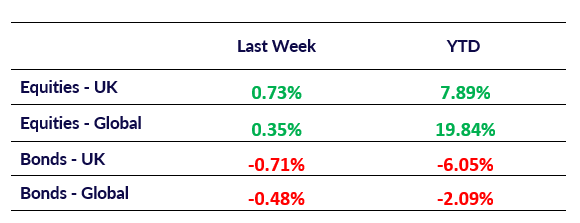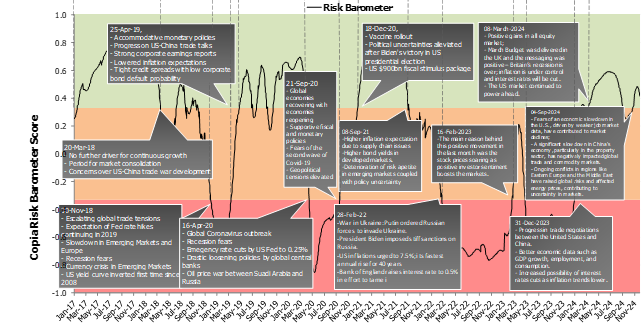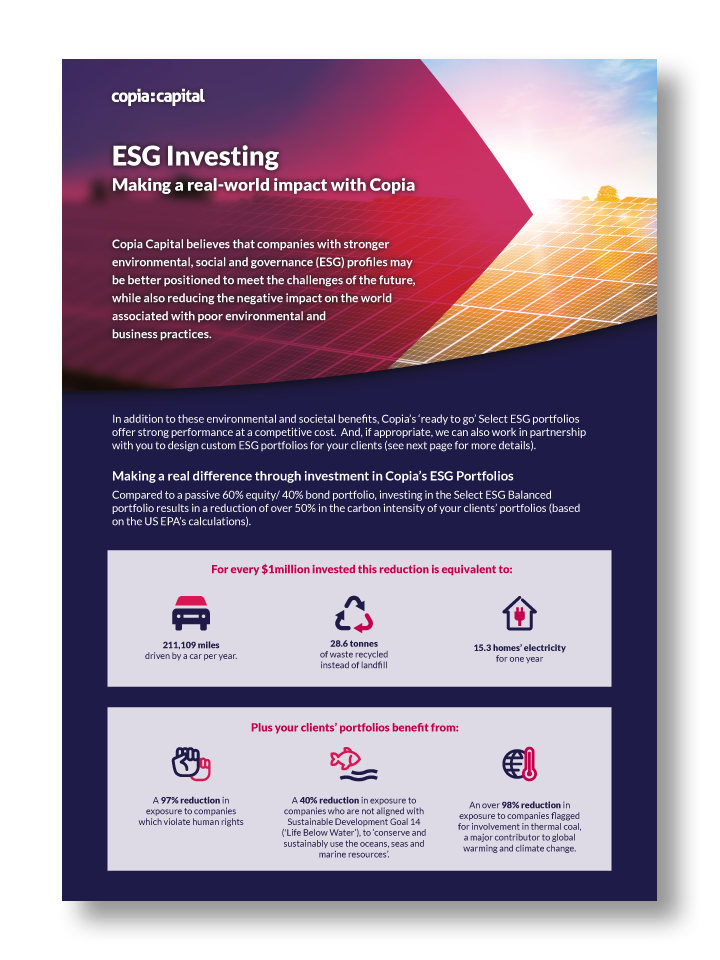The infoshot to help kick-start your week
Last Week
- The Bank of Japan (BOJ) has signalled that a potential rate hike remains under consideration, despite its decision to maintain current monetary policy during its December meeting. According to a summary of discussions, board members expressed differing views on the timing of a rate adjustment. Some advocated for patience to monitor wage trends and uncertainties surrounding the US economy, while others highlighted the need for pre-emptive action to address inflationary pressures and Yen depreciation. Governor Kazuo Ueda’s recent cautious remarks have tempered market expectations towards an imminent rate hike. The Yen weakened to a five-month low last week, reflecting reduced bets on early tightening. Meanwhile, Tokyo inflation data showed a year-on-year increase of 2.4%, reinforcing arguments for policy adjustments. With a policy meeting scheduled for late January, the BOJ faces a balancing act between domestic economic indicators, global uncertainties, and political considerations. Market participants now estimate a 42% probability of a BOJ rate hike in January, rising to 72% by March.
- South Korea’s parliament has impeached Acting President Han Duck-soo, escalating the nation’s political crisis following President Yoon Suk Yeol’s suspension earlier this month. The impeachment motion passed with a unanimous vote of 192-0 in the 300-seat assembly, requiring only a simple majority to succeed. The opposition Democratic Party, holding 170 seats, led the motion after Han delayed appointing judges to the Constitutional Court—an action seen as pivotal to finalising Yoon’s removal from office. Han, who assumed his role after Yoon’s impeachment on 3 December, has agreed to step down, further destabilising an already fragile government. Finance Minister Choi Sang-mok has taken over as interim leader, pledging to maintain government stability and increase vigilance against North Korea. However, analysts warn that managing multiple key roles may prove unsustainable. The ongoing turmoil has rattled markets, with the South Korean won dropping 0.6% against the US dollar, touching its lowest level since 2009. Economic risks remain heightened amid slowing growth and geopolitical tensions.
- France’s wealthiest individuals endured a challenging 2024, losing a record $70 billion collectively due to faltering luxury goods demand and political instability. Bernard Arnault (LVMH), Françoise Bettencourt Meyers (L’Oréal), and François Pinault (Kering) faced significant declines in their fortunes, with Gucci owner Kering’s stock falling by 41%. Wealth erosion in the luxury sector was driven by reduced spending from Chinese consumers, a slowdown in post-pandemic “revenge spending,” and challenges like Gucci’s management overhaul. Bernard Arnault, once the world’s richest person, dropped to fifth place on the Bloomberg Billionaires Index after losing $31 billion this year, while Bettencourt Meyers lost her title as the world’s richest woman. The luxury market is now normalising after extraordinary pandemic-era growth. However, brands like Hermès, which cater to ultra-wealthy clients, have shown resilience, with shares up 18% year-to-date. In contrast, Kering’s reliance on Gucci has exposed it to sharp declines, highlighting the uneven impact of the slowdown across the sector.
Market Pulse
Coming Up
- UK Manufacturing PMI, Thursday 2nd January 2025 at 9:30am
- US Initial Jobless Claims, Thursday 2nd January 2025 at 1:30pm
- US Manufacturing PMI, Thursday 2nd January 2025 at 2:45pm


Notice:
For professional advisers only, Copia does not provide financial advice, and the contents of this document should not be taken as such. The performance of each asset class is represented by certain Exchange Traded Funds available to UK investors and expressed in GBP terms selected by Copia Capital Management to represent that asset class, as reported at previous Thursday 4:30pm UK close. Reference to a particular asset class does not represent a recommendation to seek exposure to that asset class. This information is included for comparison purposes for the period stated, but is not an indicator of potential maximum loss for other periods or in the future.Open document settingsOpen publish panel


